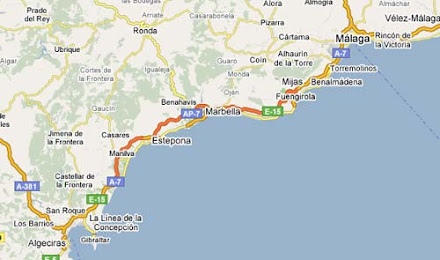Spain's Civil Guard said officers approached the vessel, the Odyssey Explorer, as it left the British colony of Gibraltar off Spain's southern tip. Upon entering Spanish waters, the boat was ordered to the nearby Spanish port of Algeciras for inspection, police said.
The Civil Guard said it was acting on an order from a Spanish judge who in June instructed authorities to seize two vessels belonging to Odyssey Marine Exploration, Inc. if the boats left Gibraltar.
Another Odyssey vessel, Ocean Alert, was seized in July and released after a week.
"At this point, we are awaiting word from the Spanish judge about the inspection," Odyssey co-chairman Greg Stemm said in Florida. "We had again invited Spanish officials to inspect the Explorer in advance of our departure and they chose not to take us up on it."
The dispute began when Odyssey, a Tampa, Florida-based company that specializes in deep-sea explorations, announced the discovery in May of a colonial-era shipwreck in the Atlantic.
The find yielded more than 500,000 silver coins — weighing more than 17 tons — and gold coins, worked gold and other artifacts, a haul worth hundreds of millions that Odyssey said it flew to the U.S. from Gibraltar..
Spain filed claims in a U.S. federal court over the find, arguing that if the shipwrecked vessel was Spanish — or removed from its waters — the treasure belongs to Spain.
Odyssey insists the shipwreck, codenamed "Black Swan," was outside any country's territorial waters — but has not given its exact location or the name of the ship.
"We are sure that the Spanish government is now well aware that the (shipwreck) was not in Spanish waters and that the disposition of the coins is now subject to U.S. federal court jurisdiction, so we're not sure what the inspection of the Explorer is meant to accomplish," Stemm said.


















